- About Us
- Columns
- Letters
- Cartoons
- The Udder Limits
- Archives
- Ezy Reading Archive
- 2024 Cud Archives
- 2023 Cud Archives
- 2022 Cud Archives
- 2021 Cud Archives
- 2020 Cud Archives
- 2015-2019
- 2010-2014
- 2004-2009
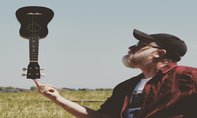 |
Ezy Reading: |
This month, The Cud's Evan Kanarakis returns to chat with Maine songwriter Chad Walls about his band An Overnight Low. Fresh on the heels of their 'travel triology' of the albums 'Waverley', 'Euston' and 'Piccadilly', the band has embarked upon an altogether new trilogy of albums. How has Covid-19 impacted the band's work and, perhaps, the future of live music? Chad shares his thoughts...
EVAN KANARAKIS: When we caught up last year you had just kicked off a brand-new musical trilogy, Connolly, Part 1, and we debuted a new video clip on The Cud for your single ‘Galileo Chains’. Tell us what the band has been up to since then?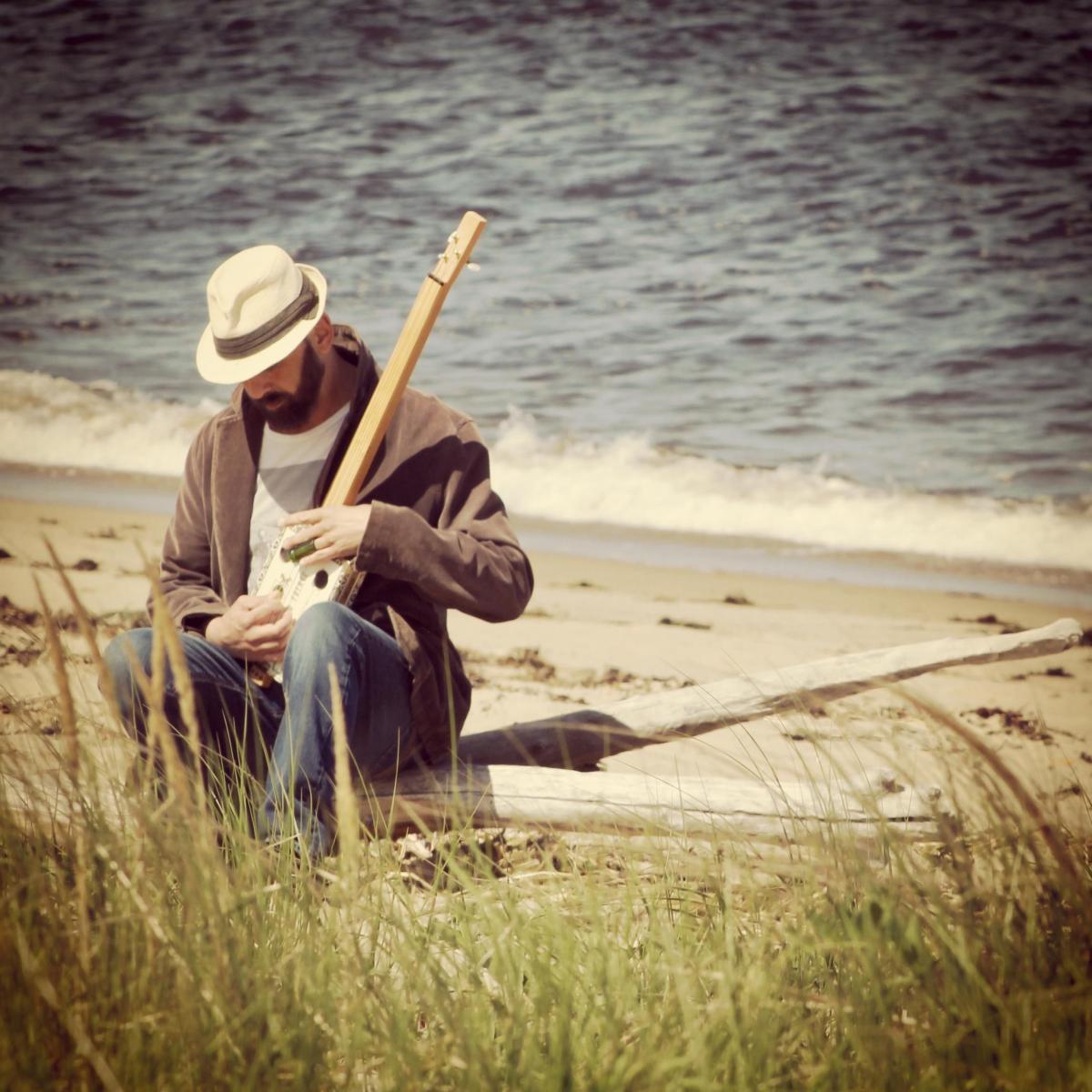
CHAD WALLS: We’re releasing an EP called Connolly, Part One on May 22nd and we can’t wait for people to hear it! We’ve been releasing songs slowly over the past year to let the songs sink in and get a sense of what people think about them. We received a lot of positive reviews and airplay, especially with our third single, Tameside. These songs are about the journey to Dublin and the conversations I had along the way. What seems to underpin this record is the cyclic nature of things around us: life and death, day turning into night, the seasons changing, even the planets revolving around the sun.
EK: The band is already halfway through recording your follow-up, Connolly, Part 2. Tell us a little about what has informed the recording of this album. What would you say most distinguishes this from Part 1, and what is the common thread thematically that continues to tie together the albums?
CW: Euston was about letting go of the things that hold us back from being our true selves, and Piccadilly was about looking at the world through a new lens once we do. On Waverley, I’m exploring the city, while on Connolly, Part One, I’m navigating the sky. Connolly, Part Two will be a very different record, though. Trying to understand Dublin’s specific ache and its joy, I think, is what set me spinning on Part One. So lyrically, the songs go from happiness to heartbreak, and sanguine to serious.
EK: Let’s pivot a little given so much of the band’s recent music has inspired by your considerable travel. At a time when the impact of Covid-19 has so profoundly impacted every aspect of the world around us, has this at all informed your songwriting? At the very least it will be impacting your future travels- might this impact your framing of Part 3, I wonder?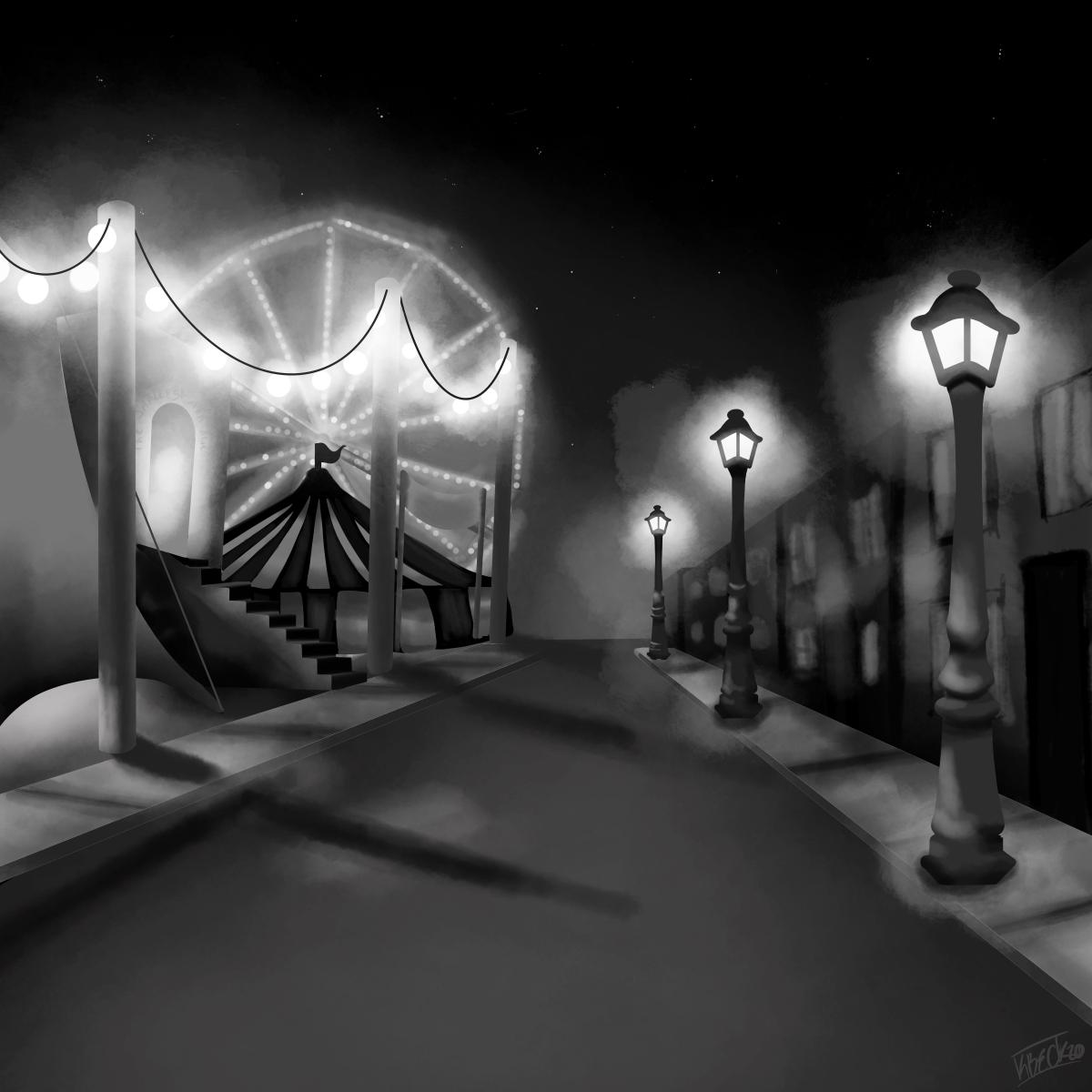
CW: We had no choice but to change our approach. We’re using drum machines, a synth bass here and there, and only a few instruments that require a microphone to record. We’ve been running cables from our home studio to makeshift vocal booths and recording guitar parts in our cars. The weather has also been challenging us. It has been unseasonably cold in Maine, so the process reminds us of being teenagers and recording with a Tascam 4-track recorder with one microphone in a cold basement. You have to shake it off, improvise, and work through it. A new member of the band, Ted Warner, just happens to be a childhood friend, and the home studio in which we record is two houses down from where we grew up. These ad-lib sessions also remind us of very early recording safaris we did growing up on the beach with a portable tape recorder. We still remember one of the songs we wrote when we were nine. That song will never appear on a record.
A song we’re very excited about, New Fascinations, features an ‘80s drum machine and bass synth, with Grateful Dead-style guitars tripping around some wonderful harmonies. The song upbeat and sweet, but the lyrics consider the possibility that this might be the end of me moving around so much. Now that we’re in complete isolation, New Fascinations is about wondering if familiar surroundings will be enough to keep us happy. So thematically I have arrived at Euston again, and as Connolly, Part one suggests, I’ve cycled back there.
EK: As a musician who has spent his fair share of time both onstage and in the studio, what are your thoughts on the future of music and performance in this new, post-Covid-19 world?
CW: I’ve spoken to many musicians who have spent the past eight weeks writing and rehearsing, learning new instruments, and cobbling together home studios. I’ve also witnesses some amazing performances on YouTube from people in my own town who I never knew existed. Because of the following some of these musicians have gained during isolation, I think there will be more opportunities for new artists to lead new movements in local music scenes. So, when music makes its way back to town, it’s going to be thrilling. Can’t wait!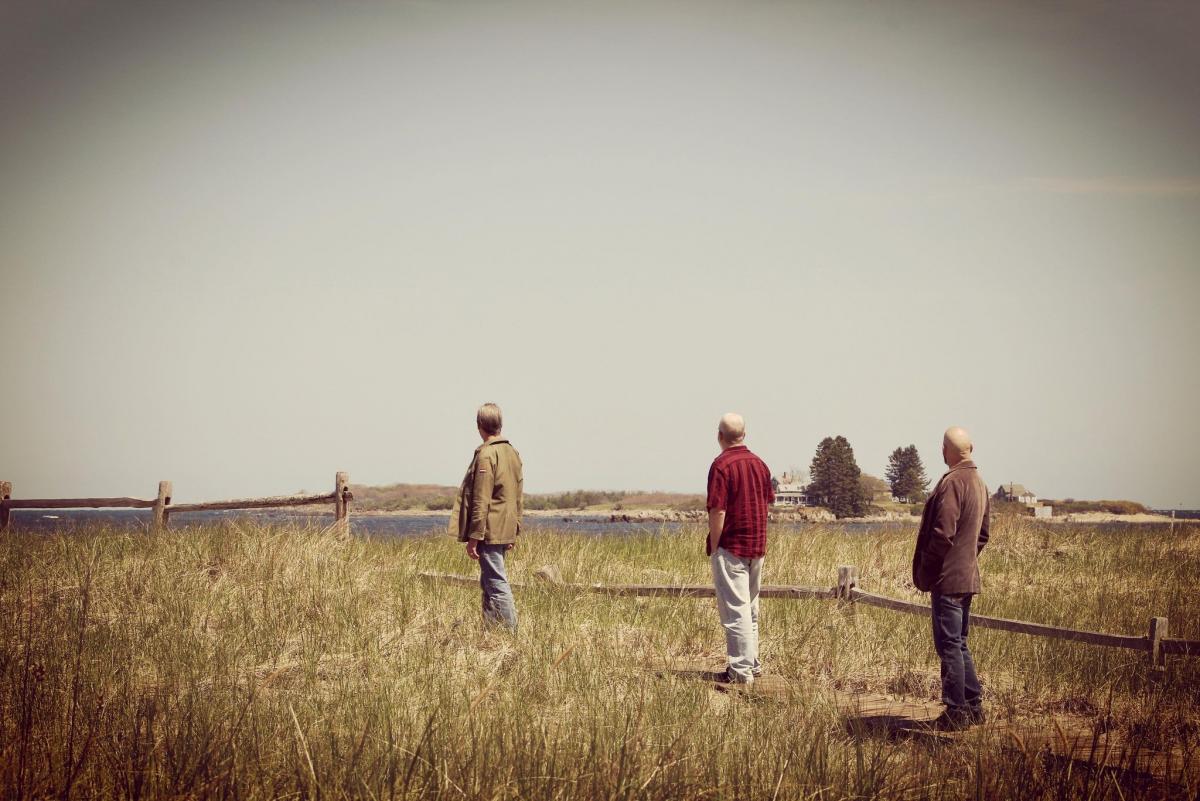
EK: Earning a dependable income was already a struggle for musicians but there has also been a lot of discussion of late about how this is very much a time for new ideas and for thinking outside of the box...
CW: I have friends who depend on live performances as a source of income, so I feel terrible about the situation they’re in. At the same time, it’s been inspiring to watch them reinvent themselves online, using various platforms to keep things moving along. I’ve also been finding that these new constraints on the creative process have, in a sense, been liberating. I can’t be in the room when a bandmate is recording his part, so there’s no way to second-guess or provide empty or picky criticisms. I can hear some ideas sitting in the mix that I would have likely rejected in discussion, and they usually end up being brilliant. A good example is the guitar work on a track we recently finished called You’re a Laugh. There’s a big Brian May guitar explosion sitting in the middle of song I had originally seen as a ukulele shuffle. There’s no way I would have let that slide in the studio, and it’s perfect.
EK: At the same time, even if it is for the shorter term, so many people have had more time on their hands of late while being at home under quarantine. I’ve heard a great many friends remark that, for the first time in years, they are listening to whole albums again, really revisiting music in a deeper and more engaged way, even if they can’t see their favourite artists live.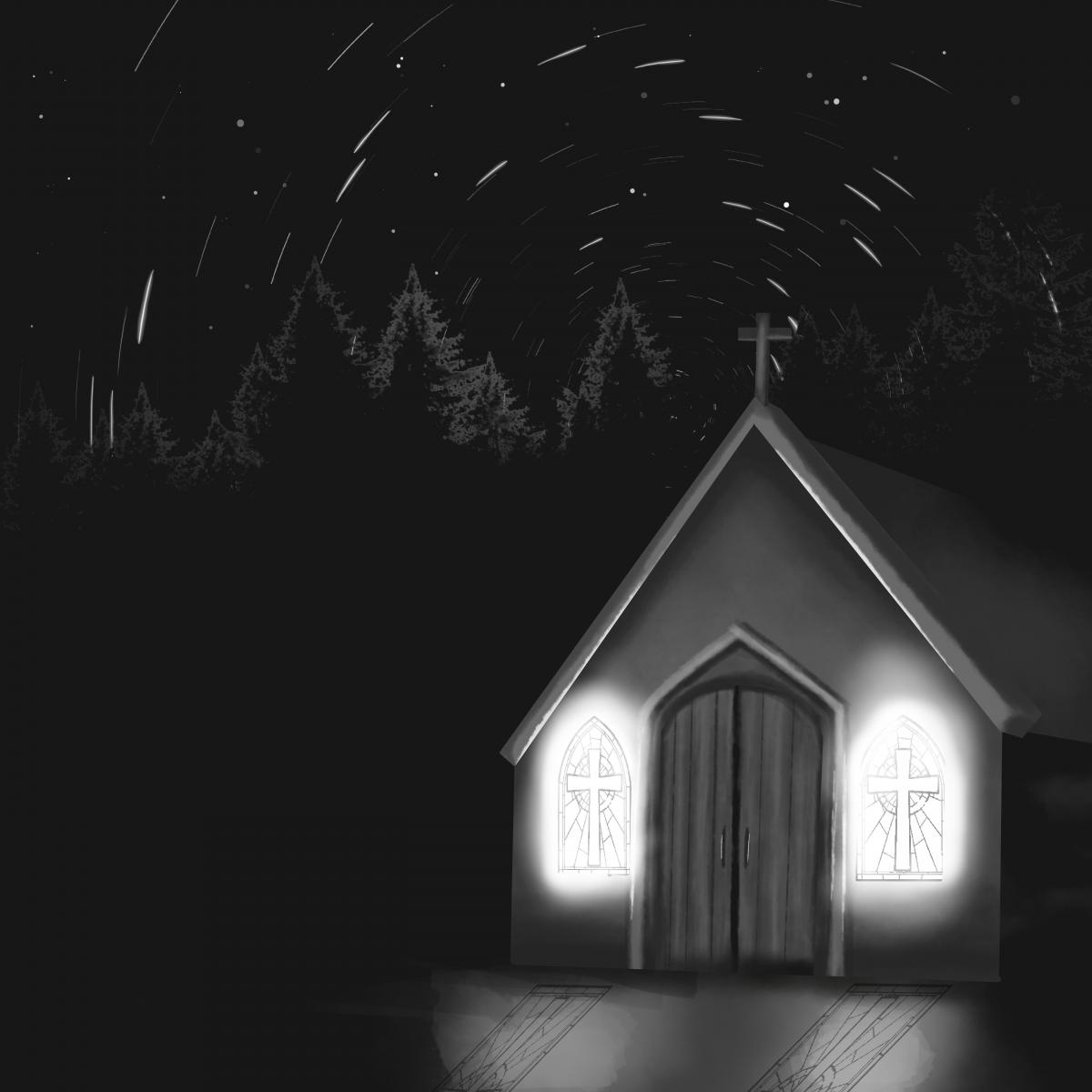 Are you cynical about this entire coronavirus experience impacting people to think about and look at things differently for the long term? Once the world reopens again, what prevents an audience from rushing back into the hurried, unfocused ways of their previous life versus listening to whole albums -especially for a musician like yourself who is telling more traditional, ‘long form’ stories through multiple albums?
Are you cynical about this entire coronavirus experience impacting people to think about and look at things differently for the long term? Once the world reopens again, what prevents an audience from rushing back into the hurried, unfocused ways of their previous life versus listening to whole albums -especially for a musician like yourself who is telling more traditional, ‘long form’ stories through multiple albums?
CW: We’re shutting off distractions and interruptions and becoming more in tune to things that make us feel like we’re a part of something bigger, so it doesn’t surprise me that people are listening to albums from cover to cover again. Isolation challenged me to consider what makes me such a fan of music. Recording, writing, and rehearsing have kept the wheels turning, but nothing beats a live show. We all miss it. When music venues open up again, I’m really looking forward to being more in tune with the whole rock show experience: the sound, the lights, and the people. In the past, I’ve openly complained about shows being too loud, too late, and too long. Too long? For 10 bucks? I might even stage dive.
EK: What’s next for the band?
CW: We’ll be pushing Connolly, Part One over the next few months, but we also can’t wait to release new music from Connolly, Part Two. Since the rules for performing and promoting seem to be out the door, why can’t we do both at the same time? All the train stations are shut down and we’re stuck in Ireland. We might as well take a closer look.
Band photos by Jessica Warner. All rights reserved. Ezy Reading is out every month.
